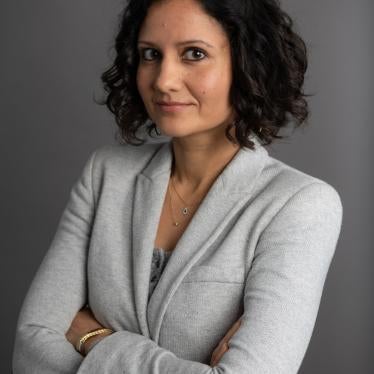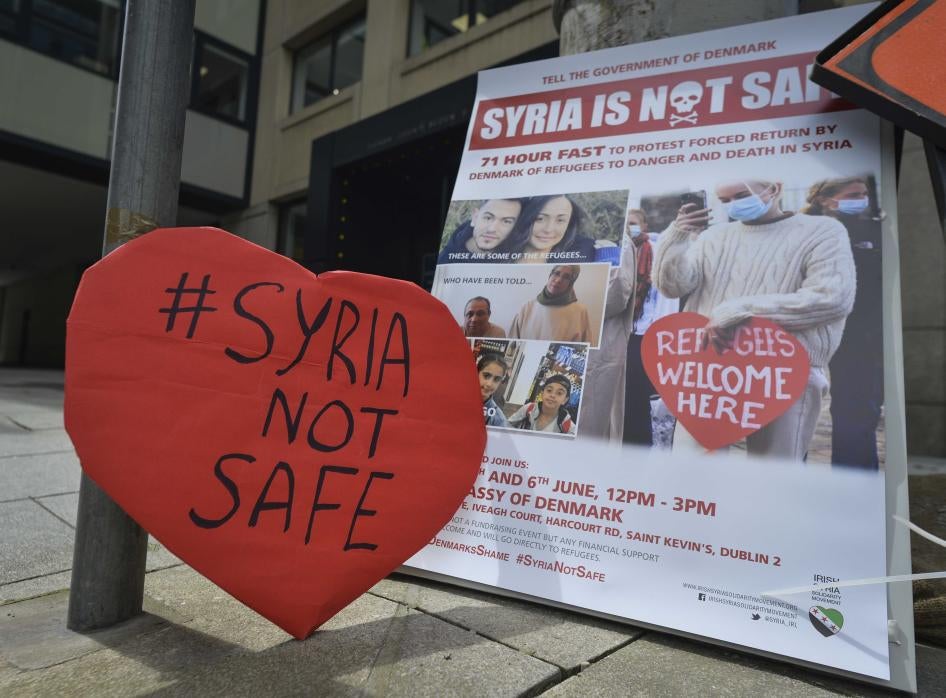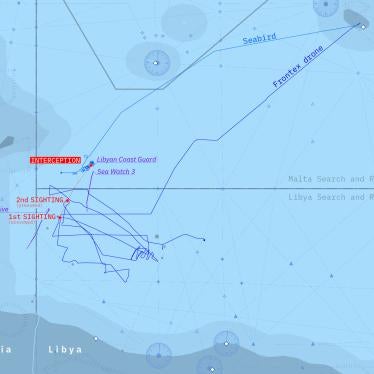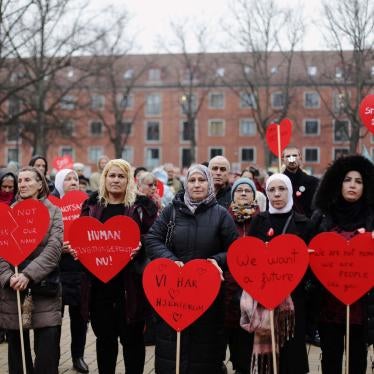Denmark’s controversial move to designate parts of Syria ‘safe’, thereby opening the door for the potential return of hundreds of Syrian refugees, is losing ground.
The intervention comes by way of the Netherlands’ Council of State ruling on July 6 that Syrian asylum seekers in the Netherlands cannot be automatically transferred to Denmark under the European Union’s “Dublin” arrangement that concluded that it cannot be assumed “the prohibition of inhuman treatment is respected by the Danish authorities.”
Under “Dublin”, the first EU country reached by an asylum seeker is usually responsible for processing their claim; the “Dublin system” permits an EU member state to automatically transfer an asylum seeker to the member state of first arrival. The system is premised on the assumption that EU member states share similar asylum standards and procedures, so asylum claims will be fairly examined wherever processed.
Following Denmark’s decision that two Assad-controlled areas, Damascus and Damascus Countryside, are now ‘safe’ for refugees to return to, the Netherlands will require an individual assessment to take place in each case before a transfer is considered.
It is astonishing that Denmark needs reminding that none of Syria is safe for refugee returns. The country is largely controlled by authorities responsible for crimes against humanity against their own citizens, buoyed by a network of state security agencies. A recent Human Rights Watch report found that Syrian refugees returned from Lebanon and Jordan between 2017 and 2021 faced human rights abuses and persecution by the Syrian government and affiliated militias. The UN Refugee Agency maintains the position that it is not safe to return to Syria and it is neither facilitating nor promoting returns. It is also calling on host countries to maintain asylum protections for Syrian refugees. Also, on August 1, the US government redesignated Syria for Temporary Protected Status.
The Dutch decision will not overhaul the Danish designation that parts of Syria are safe – only the Danes can see to this. But it is telling that in 71 percent of cases, Denmark’s own Refugee Appeals Board has reversed decisions to remove temporary protection from Syrian refugees and granted them full refugee status. How long will it take for Denmark’s Immigration Service to get the message that Syria is not safe and repeal its dangerous designation?









